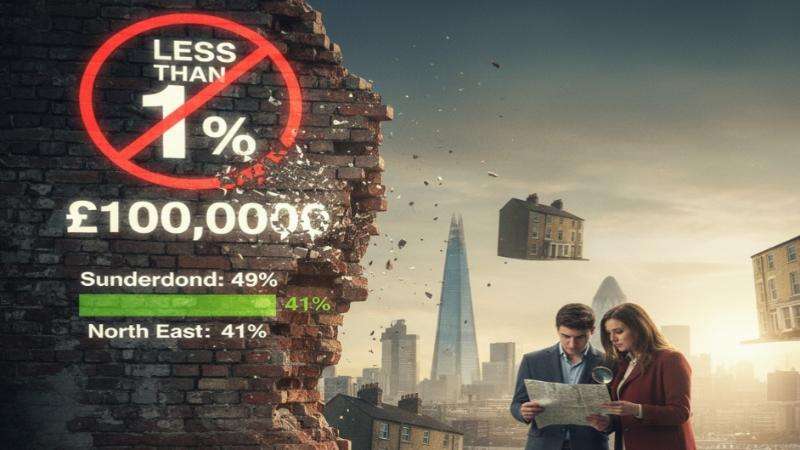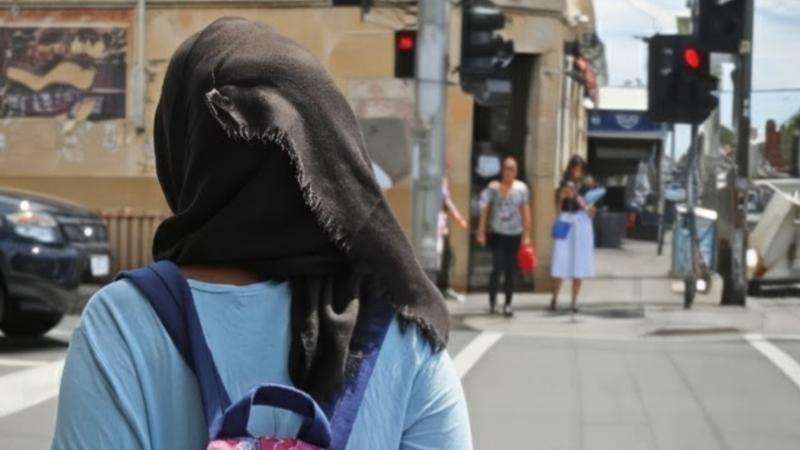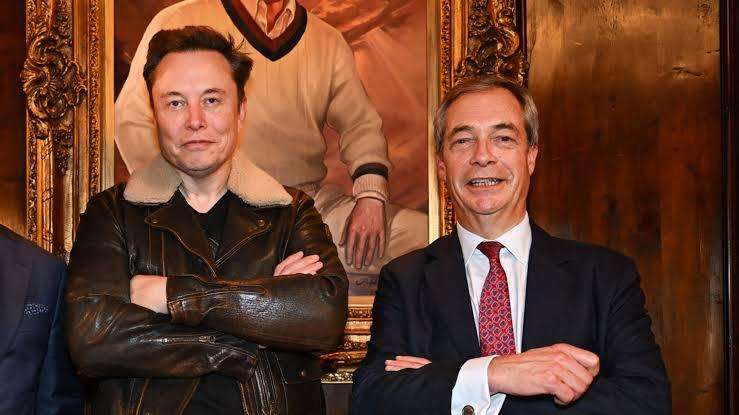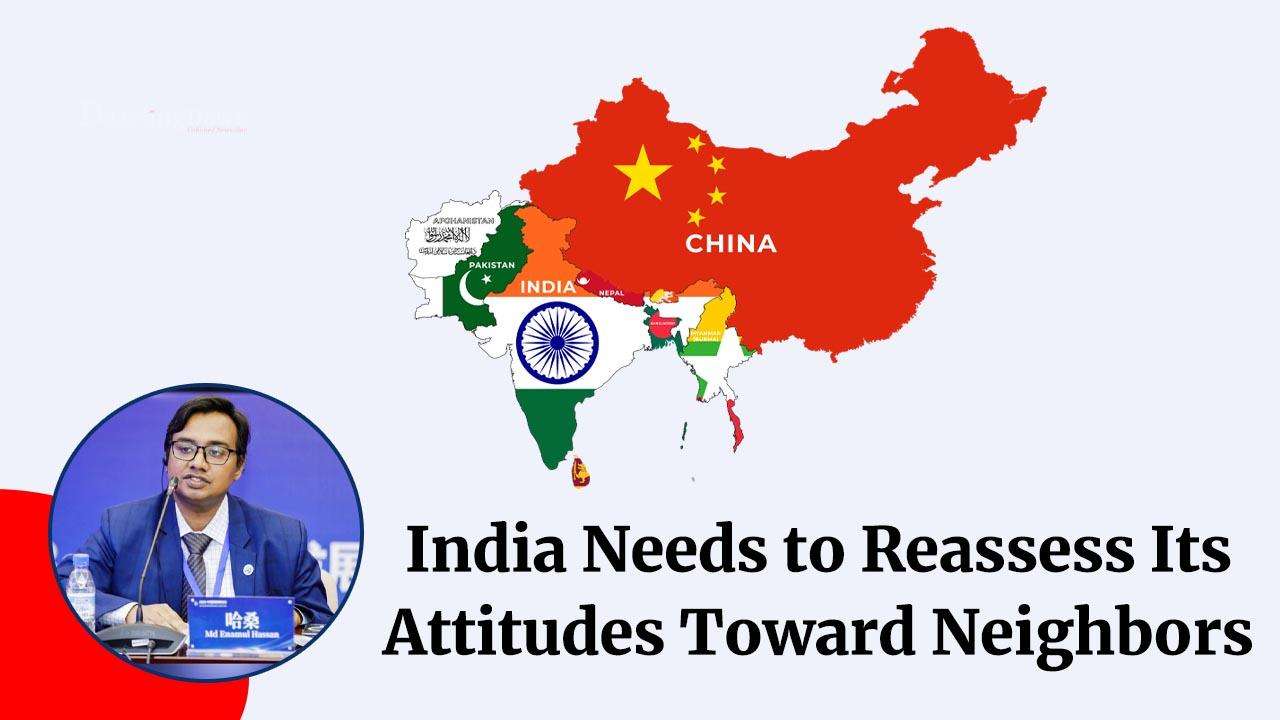Reform UK appears to be at a crossroads. Two factions have emerged within its ranks, each representing distinct ideologies and demographics. On one side are the Faragists, a legacy group that draws heavily from Reform’s predecessor parties, UKIP and the Brexit Party. On the other side are the acolytes of Elon Musk’s view of the world, the Musketeers. These are a younger, digitally savvy group shaped by culture wars and the influence of social media. While they share common enemies—immigration, London-centric politics, and progressive values—they are ideologically and demographically far apart. This division raises the question: is Reform heading for an inevitable split? If so, who will emerge as the winners and who the losers?
To understand the nuances of this split, one must dabble in the world of stereotypes. While stereotypes can oversimplify, they often offer insight into broader cultural and political divides. Here they provide a lens through which to view the uneasy coalition that is Reform. This is a party that precariously straddles two very different worlds: the culture warriors of the digital age and the traditionalists clutching their copies of the Daily Telegraph.
The Faragists are deeply rooted in nostalgia. Brexit was their crowning achievement, the “greatest post-war triumph”, and any evidence to the contrary is dismissed as “the wrong sort of Brexit” being delivered. They long for a return to Merrie England – warm beer, cricket on the village green, and a bulldog spirit. Their heroes are Winston Churchill, Margaret Thatcher, and of course, Nigel Farage. They are found in the countryside, small towns, and retirement communities, where local councils often serve as their political battlegrounds. They read The Telegraph and Daily Mail—preferably in print—detest the perceived excesses of modernity, and are deeply suspicious of metropolitan elites and their obsession with lifestyles and gender.
The Faragists’ worldview is backward-looking but community-centred. They cherish traditional values and are deeply tied to the idea of a cohesive, localised Britain. For them, Boris Johnson’s Brexit coalition represented the closest realisation of their utopia, and they dream of recapturing that lost momentum.
In stark contrast, the Musketeers are forward-facing but fragmented. They are the foot soldiers of the culture wars, battling through their keyboards on Twitter (which they call X). While the Faragists idolise past heroes like Churchill and Thatcher, the Musketeers gravitate toward contemporary figures like Tommy Robinson and Laurence Fox, embracing a brand of politics steeped in grievance and performative outrage. Their battle cry is “freedom of speech”, which often translates into the freedom to insult without consequence, while blocking dissent. Like Musk, they are free speech absolutists, disregarding traditional exceptions such as contempt of court, libel, or incitement to violence or hatred.
Unlike the Faragists, the Musketeers are less tied to Brexit and more consumed by contemporary issues. They call themselves white “indigenous” males (they are mostly men), seen as victims in a world which is stacked against them by the Woke agenda. They’re left clinging to figures supported by Elon Musk and some even nod approvingly toward Vladimir Putin as a “hard man”. They question issues such as why St George’s Day is not celebrated like St Patrick’s Day or Eid, framing such issues as evidence of cultural neglect. For them, reality is increasingly shaped by the digital echo chamber—”my truths” often trump objective facts.
The rift between these factions reflects broader societal divides. The Faragists are older, often retired, and rooted in communities; the Musketeers are younger, often in low-paid work, and deeply immersed in digital culture. Though seemingly more in the Farage mould, as a privately educated former City trader, Rupert Lowe is emerging as a leader among the Musketeers (in the UK at least). Meanwhile Elon Musk’s influence hovers like a Californian (…well Texan) cloud, reshaping the way they perceive politics and reality itself. Musk’s declarations—such as the UK is in civil war, fuelled by Islamic immigration, while the West awaits liberation by harder political figures (nod and wink toward Putin) — are treated as gospel by his online acolytes.
In the midst of this ideological clash, Elon Musk appears to be becoming more and more provocative. This is against a back drop of the UK X’s daily user numbers declining from 8 million to 5.6 million in the last 12 months. Just yesterday, Musk accused Keir Starmer of failing to prosecute child sexual abuse cases during his tenure as Director of Public Prosecutions, a claim that Starmer swiftly dismissed as “lies and misinformation”. He then posed a bizarre question to his platform of followers, asking whether America should “liberate” the people of Britain. It’s a comment that can only be interpreted as someone ‘taking the Michael’, but it’s indicative of Musk’s increasingly erratic behaviour on the global political stage.
While both wings of the Reform Party share disdain for immigration, “woke” culture, and gender politics, their methods and motivations are poles apart. The Faragists are anchored in a tangible, communal reality, whereas the Musketeers are pawns in an Ayn Rand-style dystopia of puritan individualism and virtual narratives.
If Reform does split, the consequences could be seismic. For the Conservatives, a divided Reform Party presents both a challenge and an opportunity. To capitalise, the Tories must rebuild bridges with Faragists, particularly in rural and small-town communities. This would require Kemi Badenoch to focus on coalition-building, emphasising traditional conservative values and addressing the alienation many feel from mainstream politics. However, this task will not be easy; the Tories’ recent policies have done much to sever ties with communities found in rural areas.
Badenoch would also need to marginalise the Musketeers, painting them as tools of foreign influence—a movement propped up by the likes of Musk and Putin to destabilise national politics for their own gain. The Musketeers’ brand of “patriotism” is more performative than practical, and their globalist ties are a far cry from the localised “GREAT Britain” cherished by the Faragists.
The potential split within Reform is emblematic of broader tensions within modern conservatism. On one side are those who cherish tradition and community; on the other are those consumed by the culture wars and the allure of disruptive technologies. This emerging division isn’t just a British phenomenon. Across the Atlantic, a similar fracture is becoming apparent between the MAGA Trumpists and American Musketeers. Elon Musk’s growing influence in political circles, including his alignment with Trump’s new AI advisor Sriram Krishnan, signals the rise of a new ideological framework. Musk is positioning himself as a puppet master of political disrupters worldwide.
What we are beginning to see is the formation of a Musk worldview, rooted in a libertarian ideology of borderless communities and the unbridled self-interest of the individual liberated through technology. This philosophy stands in stark contrast to the communal patriotism of traditional conservatives, whether in Britain or America. For Musk, political parties and national governments are merely platforms to be manipulated in service of his techno-libertarian utopia. This blueprint, already visible in the Republican Party in the US, and now becoming more evident in Reform UK, could become the dominant global paradigm of right-wing politics. Unless, that is, the Musk meme is countered by a cohesive, community-focused alternative which is coalesced with reform to economic strategies and a vision for public services.
_5.jpg)

_6.jpg)





.svg)

